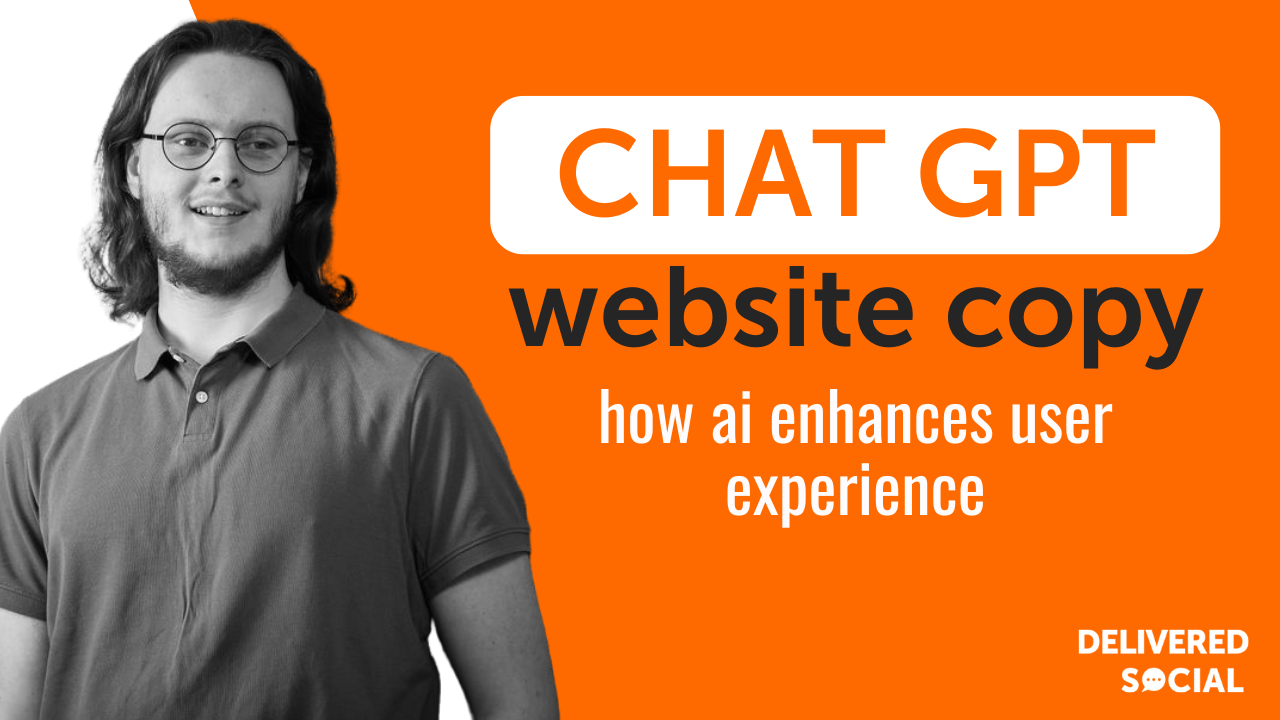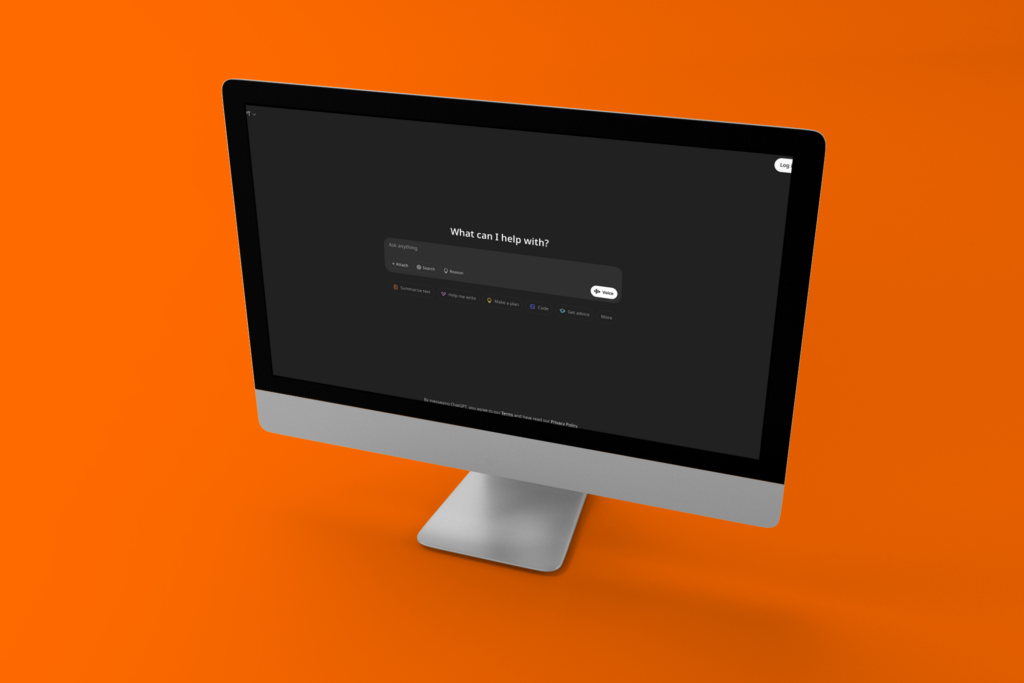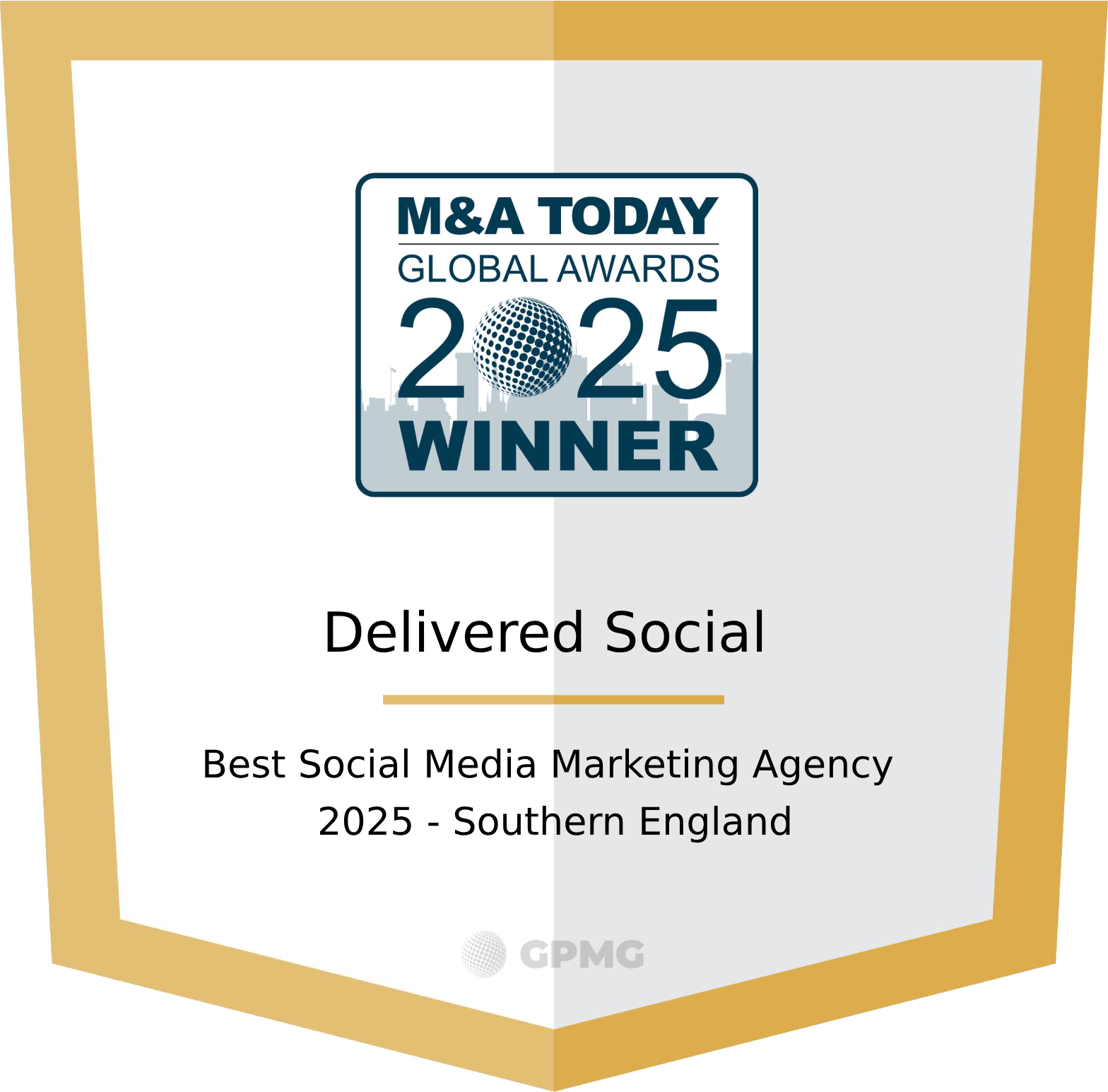
Introduction
Website copy is the first impression visitors have of your business. Whether it’s a landing page, service description, or product details, the words on your website can make or break user engagement. In 2025, businesses are no longer relying solely on traditional copywriting methods, AI-driven solutions like ChatGPT are transforming website content creation.
The rise of using ChatGPT for website copy has revolutionised how brands produce copy that is engaging, clear, and optimised for user experience (UX). AI-generated copy is no longer robotic or generic; it’s fast, adaptable, and structured to improve readability and search rankings. With ChatGPT, businesses can craft persuasive, SEO-friendly, and customer-centric content in minutes.
But does AI-generated copy actually work? Can ChatGPT create compelling website content that keeps visitors engaged and drives conversions? The answer lies in how businesses leverage AI while maintaining a human touch.
In this article, we’ll explore:
- How AI-powered copy enhances user experience
- How ChatGPT improves readability and engagement
- The SEO advantages of using ChatGPT for website copy
- How businesses can blend AI with human creativity for authentic messaging
By the end, you’ll understand how ChatGPT can help you create high-quality website copy that not only attracts visitors but keeps them engaged and converting.
The Importance of User Experience in Website Copy
User experience (UX) plays a critical role in how visitors interact with a website. From the moment a potential customer lands on a page, they need to find the information they’re looking for quickly and effortlessly. Website copy isn’t just about words. It’s about guiding users, building trust, and encouraging action.
Why UX Matters in Website Copy
- First impressions count: Studies show that users form an opinion about a website within 0.05 seconds. If the content is cluttered, confusing, or hard to read, they’ll leave immediately.
- Clear messaging increases engagement: A well-structured, easy-to-read website keeps users interested, reducing bounce rates and increasing conversions.
- SEO benefits: Search engines favour high-quality, user-friendly content that meets search intent. Websites that provide valuable, readable content rank higher in search results.
How Poor Website Copy Affects User Experience
- Confusing language leads to high bounce rates: If users struggle to understand what your business offers, they’ll exit your site.
- Lack of clarity affects conversions: If your call-to-action (CTA) is unclear or buried in text, visitors are less likely to take the next step.
- Overloading with jargon: Using technical terms or complex wording can alienate potential customers.
How ChatGPT Enhances UX in Website Copy
With AI-driven tools like ChatGPT for websites, businesses can create concise, compelling, and structured website copy that prioritises clarity and engagement. AI helps by:
- Generating clear, digestible content that keeps users engaged.
- Providing structured headings and bullet points for easy readability.
- Suggesting alternative phrases to make copy more user-friendly.
- Creating personalised messaging based on user intent.
A website that prioritises user experience with strong, well-written copy builds trust and keeps visitors on the page longer. Using ChatGPT for website copy ensures businesses can craft content that is both engaging and conversion-focused without the usual time constraints of traditional writing.
ChatGPT’s Role in Crafting Website Copy
The demand for high-quality, engaging website content has never been greater. Businesses must deliver clear, persuasive, and SEO-friendly copy to capture their audience’s attention. This is where ChatGPT for websites comes into play, offering a fast and efficient way to create compelling content that resonates with users and ranks well on search engines.
How ChatGPT Helps in Website Copywriting
Generates Clear and Engaging Copy
- ChatGPT can produce concise, structured, and audience-friendly content based on a brand’s unique voice and industry.
- By analysing user intent, it ensures that website copy directly answers common customer queries, reducing confusion and improving engagement.
Enhances SEO Optimisation
- AI tools like ChatGPT can seamlessly integrate targeted keywords such as ChatGPT for websites and website copy using ChatGPT without making the content sound forced or robotic.
- It suggests meta descriptions, headers, and internal linking strategies that align with SEO best practices.
Speeds Up the Content Creation Process
- Businesses that rely on traditional copywriting methods often spend days or weeks crafting website copy.
- ChatGPT generates high-quality content in seconds, allowing businesses to quickly adapt and update their messaging as needed.
Provides Consistency in Brand Messaging
- Many businesses struggle with maintaining a consistent brand tone across web pages.
- ChatGPT ensures that content aligns with brand values, making the website copy cohesive and professional.
Creates Personalised and Dynamic Copy
- AI-powered tools allow businesses to tailor content to specific customer personas, ensuring their messaging is relevant and persuasive.
- ChatGPT can suggest alternative phrasing, A/B test different copy versions, and help refine content based on audience engagement.
How AI Improves Readability and Engagement
Website copy should be easy to read, engaging, and designed to hold a visitor’s attention. If your website copy is confusing or difficult to follow, users will leave quickly, increasing your bounce rate and hurting your SEO. This is where AI, particularly ChatGPT for websites, becomes a powerful tool. It can refine content to make it clearer, more engaging, and more persuasive.
Simplifies Complex Information
Many industries rely on technical jargon, which can alienate potential customers. ChatGPT breaks down complex topics into simple, digestible content while still maintaining professionalism and accuracy.
- Example: Instead of saying, “Our SaaS platform leverages AI-driven analytics to optimise workflow automation,” ChatGPT can rewrite it as, “Our software uses AI to help businesses automate tasks and work more efficiently.”
- The goal is to keep it clear, concise, and user-friendly, ensuring the information is easy to understand for a wider audience.
Adapts Content to Different Audiences
AI allows businesses to adjust their messaging based on the target audience. Whether you’re writing for tech-savvy professionals or general consumers, ChatGPT can generate content that matches the reader’s level of understanding.
- A corporate law firm may need formal and structured language.
- A lifestyle brand may benefit from conversational, engaging copy.
- An e-commerce site may require persuasive, benefits-driven content.
ChatGPT ensures that your messaging is tailored to the right audience, improving engagement and brand trust.
Creates a Natural Flow for Better Readability
A website should guide visitors seamlessly from one section to another. AI enhances content flow by structuring sentences and paragraphs in a way that is easy to skim.
- AI-generated content often follows short paragraphs, bullet points, and clear headings, making it effortless for visitors to scan and absorb key information.
- It also reduces redundancy by keeping the writing concise while maintaining all the necessary details.
ChatGPT for Personalised Content and User Intent
Personalisation is at the heart of effective digital marketing, and ChatGPT for websites plays a crucial role in tailoring content to match user intent. Instead of generic website copy, businesses can now create highly targeted messaging that speaks directly to individual visitors by using ChatGPT for website copy.
Understanding User Intent
User intent refers to the reason behind a visitor’s search query. It typically falls into three categories:
- Informational – The user is looking for answers (e.g., “What is ChatGPT for website copy?”).
- Navigational – The user wants to find a specific page or brand (e.g., “ChatGPT web copy services by Delivered Social”).
- Transactional – The user is ready to take action (e.g., “Buy AI website copywriting services”).
By understanding user intent, ChatGPT can generate content that directly answers visitors’ needs, keeping them engaged and driving conversions.
Creating Dynamic Website Copy
Traditional website copy often remains static, but AI-driven content creation allows for dynamic messaging that adapts based on visitor behaviour. ChatGPT can help businesses:
- Generate personalised landing page content based on user preferences.
- Adapt website messaging based on location, previous interactions, or search history.
- Create tailored product or service descriptions that appeal to specific audience segments.
This level of customisation ensures that every visitor sees relevant content, increasing engagement and reducing bounce rates.
Enhancing Customer Experience with AI
By leveraging ChatGPT for personalised content, businesses can:
- Improve user satisfaction by answering queries instantly.
- Provide recommendations based on browsing behaviour.
- Deliver content that feels more human and relevant to each user.
When used strategically, AI personalisation makes website visitors feel valued, increasing trust and the likelihood of conversions.

SEO Benefits of Using ChatGPT for Website Copy
Leveraging ChatGPT for websites isn’t just about efficiency, it’s also a powerful tool for improving SEO performance. Well-structured, keyword-optimised content is key to ranking higher on search engines, and AI-generated copy can help businesses achieve this with precision and consistency.
For a deeper dive into how AI is reshaping search engines in 2025, check out our article on AI Overview Search: What You Need to Know in 2025.
Keyword Optimisation and Semantic SEO
Search engines favour content that naturally incorporates keywords while maintaining readability. ChatGPT can:
- Identify and integrate primary and secondary keywords, such as using ChatGPT for website copy and ChatGPT Web Copy.
- Ensure keyword variation and semantic relevance, making the content more valuable to search engines.
- Generate meta descriptions, alt text, and headings that align with SEO best practices.
Consistent and Fresh Content
Google rewards websites that consistently publish high-quality content. ChatGPT allows businesses to:
- Regularly update web pages with relevant information.
- Generate blog posts, FAQs, and landing pages that improve domain authority.
- Create unique content at scale, reducing duplicate content issues.
Enhancing User Engagement Signals
Engagement metrics like time on page, click-through rates, and bounce rates impact SEO. ChatGPT helps improve these by:
- Crafting compelling headlines and introductions that draw readers in.
- Writing content in a conversational tone, making it easier to read and retain attention.
- Providing direct answers to user queries, increasing engagement and reducing bounce rates.
By combining ChatGPT with SEO strategies, businesses can enhance search rankings, attract organic traffic, and improve user experience all while saving time on content creation.
FAQs on Using ChatGPT for Website Copy
As AI-powered tools become more common in content creation, many businesses have questions about ChatGPT for websites. Here are some frequently asked questions to help clarify its role in website copywriting.
Can ChatGPT write high-quality website copy?
Yes, ChatGPT can generate engaging, structured, and SEO-friendly website copy. However, human oversight is essential to refine tone, ensure accuracy, and make it feel more personalised to your brand.
How does ChatGPT improve SEO for website copy?
ChatGPT can help with keyword integration, meta descriptions, and structured content, all of which improve SEO. It also enhances readability, reducing bounce rates and increasing engagement, factors that Google considers when ranking pages.
Is AI-generated content penalised by Google?
No, Google does not penalise AI-generated content as long as it is high-quality, valuable, and not spammy. ChatGPT should be used to enhance human-written content rather than replace it entirely.
Can ChatGPT personalise website copy for different audiences?
Yes, ChatGPT can tailor messaging based on customer personas, industry trends, and search intent. However, human input is necessary to fine-tune emotional appeal and ensure alignment with the brand voice.
Interested In Working Together?
Introducing Delivered Social. We’re The Most-Rated Digital Agency In Surrey & Hampshire – We’ve Got To Be Doing Something Right.
Delivered Social is a digital marketing agency with one mission—to help businesses grow. We’re famous in Guildford and Portsmouth for our social clinics. We believe in free advice. We build lasting relationships because our team prides itself on being helpful, which our clients appreciate.
If you are looking for a new website or an agency to manage your social media presence, we can help.
If you need something slightly different, here's a super handy list of all our services, or you can always email us.



















